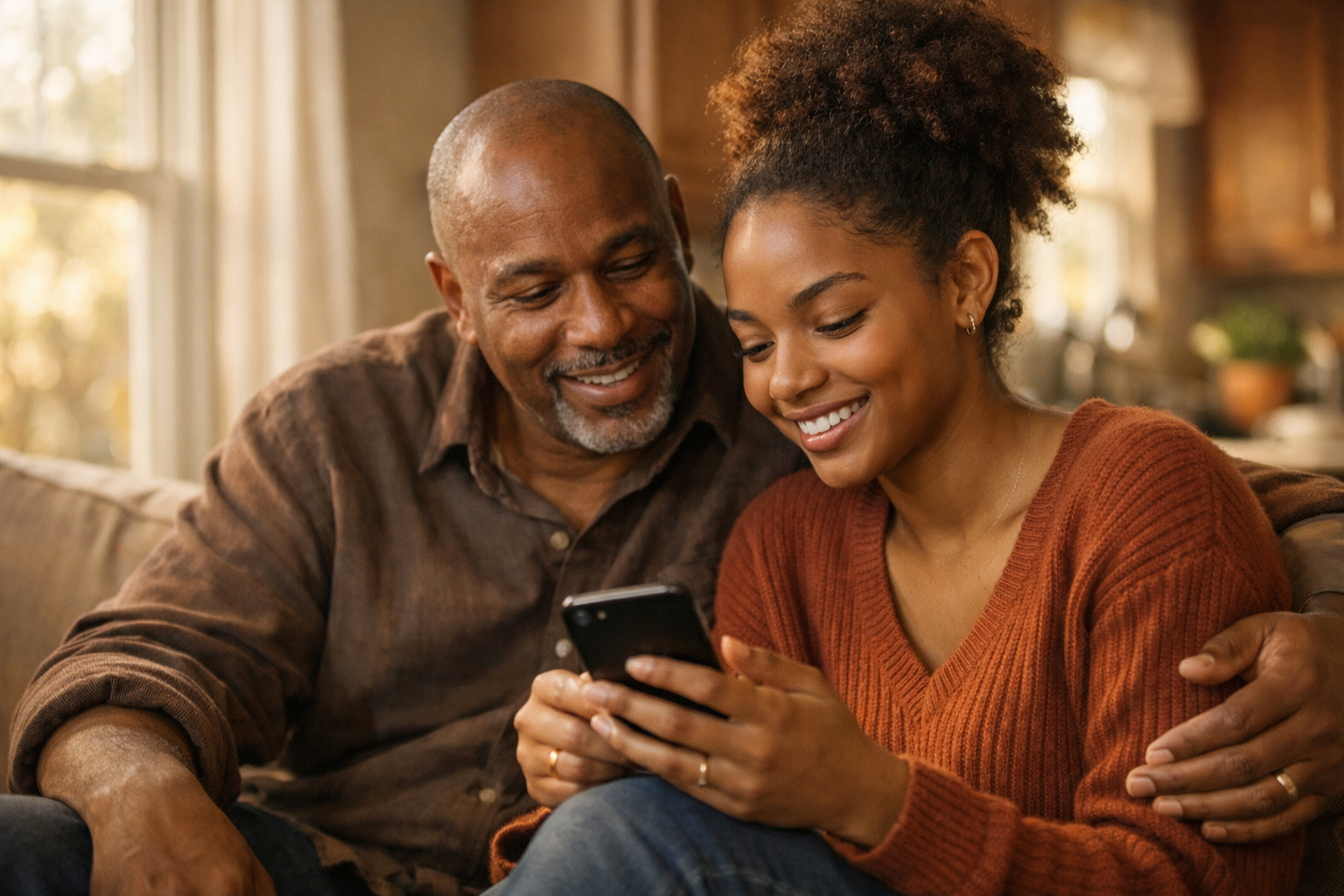Why Men Suffer Too
When we talk about domestic violence, we usually picture women and children. That picture is real — but incomplete. Men also become victims of domestic or partner abuse and often carry that trauma alone. Research shows that about one in three victims of partner abuse are men in some studies.
In Nigeria and many other countries, the idea that “men should protect” makes it harder for male victims to speak up.
A study in Western Nigeria found that men’s sense of masculinity often stops them from reporting abuse. The fear of being ridiculed or not taken seriously means many men hide their pain.
Why Men Don’t Report
Statistics reveal a major problem: men who suffer domestic abuse rarely speak out. More than half of male victims in the UK said they never told anyone about the abuse.
When a man reports abuse, society may expect him to be strong, unhurt, or the one in control. Admitting that you are hurt changes that expectation and can feel like weakness. The result is that many men suffer, withdraw, or self-medicate rather than reach for help.
Support services and shelters are far fewer for men. One report showed less than 5 percent of victims supported by local domestic abuse services in the UK are men.
What Abuse Looks Like When The Victim Is A Man
Abuse doesn’t always mean a black eye or broken bone. For many men it may show up as controlling behaviour, emotional threats, isolation from friends and family, or even physical assault. One study found that men experience many of the same patterns of intimate partner violence as women.
In Nigeria for example the cultural expectation that men should not be victims makes emotional abuse especially painful. If friends or family dismiss the pain, the victim may stop seeking help altogether. That silence eats away at self-worth, mental health and sometimes leads to suicidal thoughts.
How Men Can Reclaim Their Safety and Voice
The first step is acknowledging you are not alone and you do have value. If you are being harmed by your partner or ex-partner, you deserve help. You deserve to feel safe.
Start by telling someone you trust, a friend, colleague or health professional. Keep evidence if you can. Know your rights. In many places domestic violence laws include male victims, even if support systems are weak.
Seek organisations that accept male victims. The charity ManKind Initiative in the UK offers a helpline specifically for men. It may feel scary, but recovery begins with speech.
Why A Safety App Could Be One More Layer Of Protection
Technology alone will not solve abusive relationships, but it can help you feel safer and more connected. If you are a man experiencing or recovering from partner violence a personal safety app with features like live location sharing, emergency alerts and trusted contacts offers another layer of support.
When you think you might be in danger or isolated, one tap sends your location to someone you trust. Use the app to record or document frequent incidents or to simply check-in with someone when you feel anxious.
Having a tool means you are preparing yourself not just for what you hope won’t happen but for what you must be ready to respond to.
Strength is in Asking for Help
The measure of your strength is not how quietly you bear the hurt. True strength is in acknowledging pain and seeking help.
If you are a man who has been victimised, you deserve understanding, support and safety. The world must expand its view of domestic violence so victims of all genders are seen.
If you are feeling unsafe right now, or think you may be in danger, know that help is a call or tap away. Because your life, your dignity and your peace matter.


